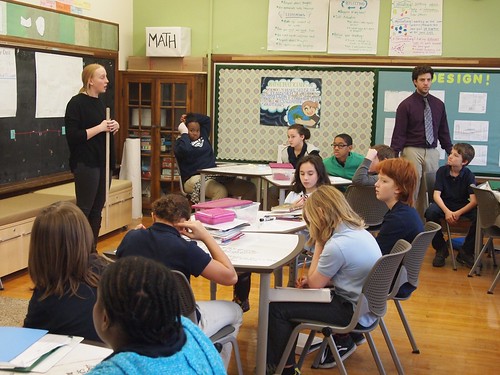 In sociology, the functionalist perspective examines how society’s parts operate. According to functionalism, different aspects of society exist because they serve a needed purpose. What is the function of social stratification?
In sociology, the functionalist perspective examines how society’s parts operate. According to functionalism, different aspects of society exist because they serve a needed purpose. What is the function of social stratification?
In 1945, sociologists Kingsley Davis and Wilbert Moore published the Davis-Moore thesis, which argued that the greater the functional importance of a social role, the greater must be the reward. The theory posits that social stratification represents the inherently unequal value of different work. Certain tasks in society are more valuable than others. Qualified people who fill those positions must be rewarded more than others.
According to Davis and Moore, a firefighter’s job is more important than, for instance, a grocery store cashier’s. The cashier position does not require the same skill and training level as firefighting. Without the incentive of higher pay and better benefits, why would someone be willing to rush into burning buildings? If pay levels were the same, the firefighter might as well work as a grocery store cashier. Davis and Moore believed that rewarding more important work with higher levels of income, prestige, and power encourages people to work harder and longer.
Davis and Moore stated that, in most cases, the degree of skill required for a job determines that job’s importance. They also stated that the more skill required for a job, the fewer qualified people there would be to do that job. Certain jobs, such as cleaning hallways or answering phones, do not require much skill. The employees don’t need a college degree. Other work, like designing a highway system or delivering a baby, requires immense skill.
In 1953, Melvin Tumin countered the Davis-Moore thesis in “Some Principles of Stratification: A Critical Analysis.” Tumin questioned what determined a job’s degree of importance. The Davis-Moore thesis does not explain, he argued, why a media personality with little education, skill, or talent becomes famous and rich on a reality show or a campaign trail. The thesis also does not explain inequalities in the education system, or inequalities due to race or gender. Tumin believed social stratification prevented qualified people from attempting to fill roles (Tumin 1953). For example, an underprivileged youth has less chance of becoming a scientist, no matter how smart she is, because of the relative lack of opportunity available to her.
The Davis-Moore thesis, though open for debate, was an early attempt to explain why stratification exists. The thesis states that social stratification is necessary to promote excellence, productivity, and efficiency, thus giving people something to strive for. Davis and Moore believed that the system serves society as a whole because it allows everyone to benefit to a certain extent.
How does the above information apply to the concept of public perception of teaching and teachers?